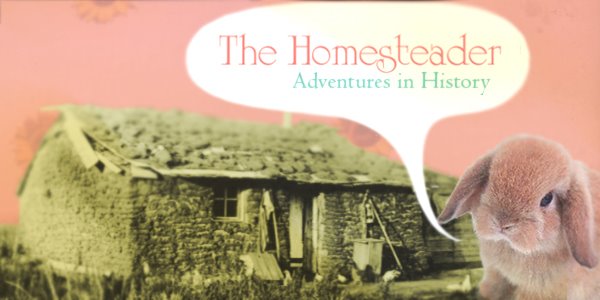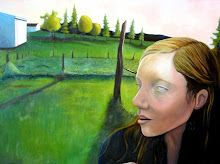 This is where I was last Wednesday. The David Library in Washington Crossing PA. I went there to do research for my honors thesis which is about Quakers in the American Revolution. The David Library has a really helpful microfilm collection of pension applications made by Rev. War vets and their widows years after they had served. It wasn't until the 1810s that Congress passed the first bill that allowed Revolutionary War Veterans to collect pensions. Once it was passed the veterans who were still alive had to apply by describing their experience and answering a series of questions. Their answers are extremely revealing about life in Colonial and early America, and they give a fascinating account of the life of continental soldiers.
This is where I was last Wednesday. The David Library in Washington Crossing PA. I went there to do research for my honors thesis which is about Quakers in the American Revolution. The David Library has a really helpful microfilm collection of pension applications made by Rev. War vets and their widows years after they had served. It wasn't until the 1810s that Congress passed the first bill that allowed Revolutionary War Veterans to collect pensions. Once it was passed the veterans who were still alive had to apply by describing their experience and answering a series of questions. Their answers are extremely revealing about life in Colonial and early America, and they give a fascinating account of the life of continental soldiers.I was looking for a few specific Quakers from the Exeter Monthly Meeting who I knew fought in the Revolution. I was able to get a hold of a paper index before I made the two hour drive to the library. I was at the disadvantage of looking for men with names like John Hughes, John Boone, etc. Soooooo common. And the index revealed that there were many Higheses and Boones who applied for pensions in Pennsylvania.

Unfortuntaley when I got to the library I realized that it would be little help. None of the men whose applications I read seemed to be the Exeter Quakers I was looking for. One John Boone was related to the John Boone I needed. That was as close as I got. Researching in History is like being a detective. Sometimes, by the most curious serendipity you will find some piece of evidence that changes the way you see everything, or bolsters your argument and helps you immensly. A lot of other times you do a lot of work hunting for things that were never there to being with.

